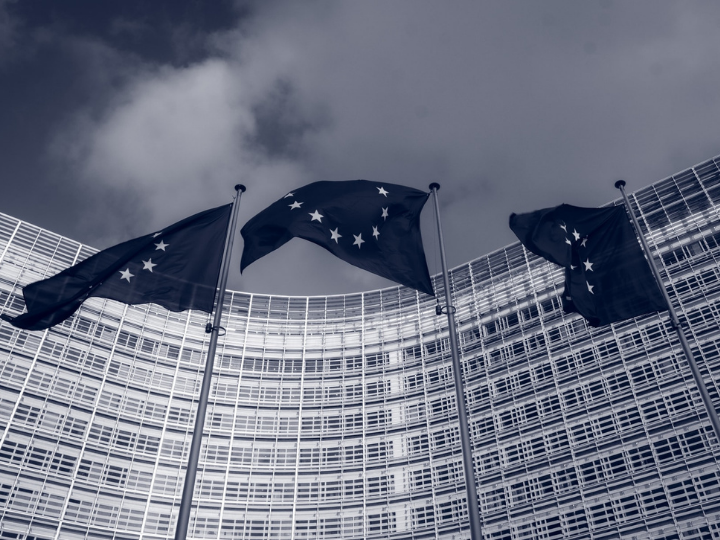N. Peter Kramer’s Weekly Column
In Brussels, EU leaders advocated for weakening or even eroding Timmermans’ Green Deal. They cited huge job losses in crucial sectors in automotive and chemical industries as arguments.
Less regulation, less reporting on sustainability, more realism, more flexibility, and pragmatism are the new marching orders for the European Commission. President Ursula von der Leyen has already gotten the message. At the request of the automotive industry, the ban on the sale and petrol cars will be relaxed next year, starting in 2035. But the adjustments VDL has already proposed to the tax on CO2 emissions from heating oil, gas, gasoline and diesel starting in 2027 don’t even go far enough for the leaders. Polish Prime Minister Donald Tusk applauded the fact that the summit’s final conclusions stipulate that the implementation must be revised.
The leaders also want to include the possibility of revising agreements if the competitiveness of EU companies deteriorates further. It is clear that many member states no longer see the green transition as a source of opportunities but rather as an economic threat in a world that is not following the EU in its too ambitious green policy.






